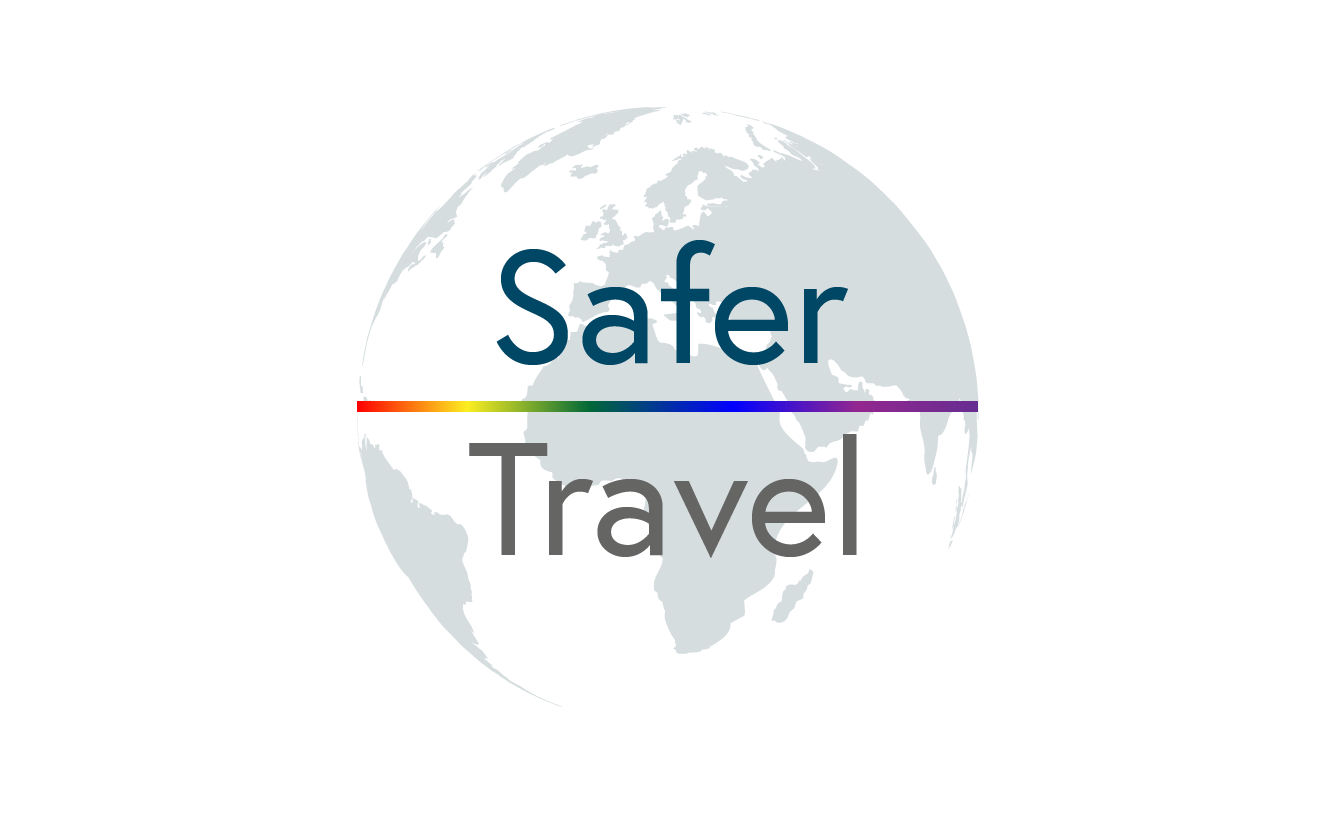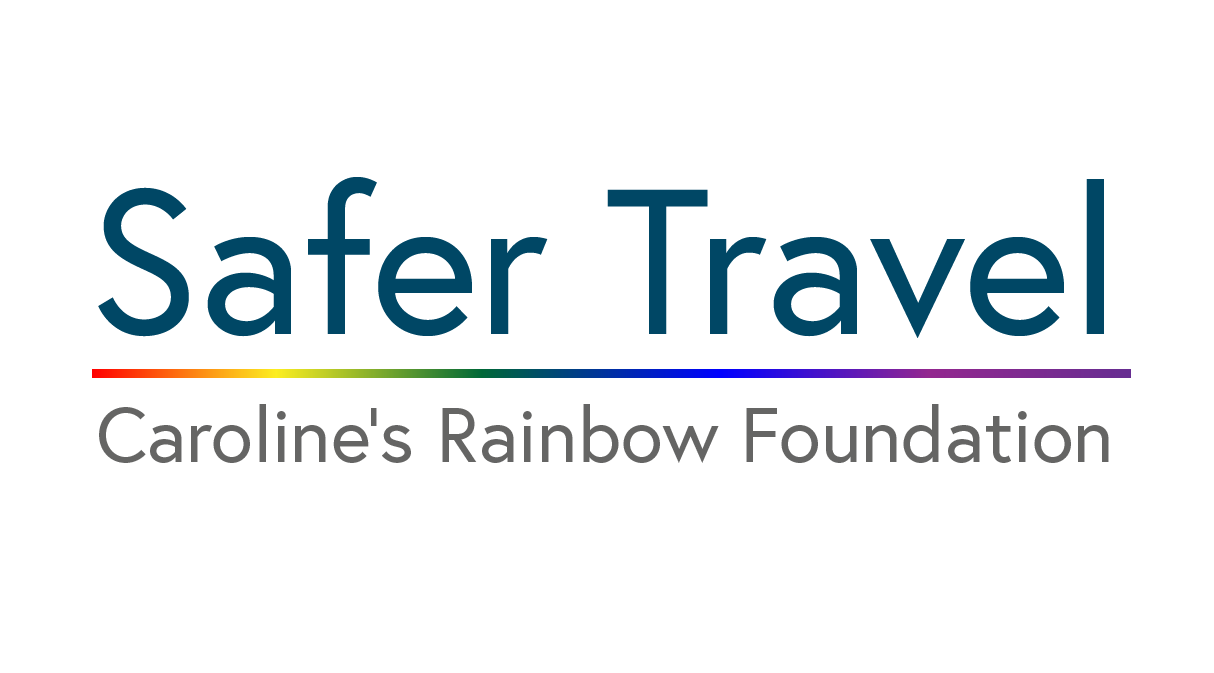Switzerland
Details
Before visiting any country make sure you know the basics. General details and important information.
- Emergency Services: 117 (police), 118 (fire services) and 144 (ambulance)
- Language: German, French, Italian and Romansh
- Currency: Swiss franc
- Capital City: Bern
- Country Code: CHE
- Travel Visa: ETA Visa
- Population: 8,744,666
- Driving: Right hand side
Risk Level
Researching various official sources, we perceive the risk to holiday makers and travellers are as follows;
Travellers Tips
Top travel advice and interesting tip bits of information from experienced travellers.
Switzerland
Where can I keep up with local news in Switzerland?
Where are the best places to visit in Switzerland?
One of the most photographed mountains in the world, this iconic landscape is instantly recognisable. Also home to the highest cable car station in the Alps, this location is thrill seeker’s dream and a trip to Switzerland would not be the same without a visit. Make sure to bring your camera!
Something a little different from the many mountainous regions the country has to offer, this gorgeous crescent of water stretches for miles. It’s shores are home to many shops and restaurants, whilst on the water itself you can take part in a range of different water sports and activities.
When you visit Lugano, you’ll see Switzerland in a whole new light. Nestled in the southern part of the country close to Italy, this city has been nicknamed the ‘Monte Carlo of Switzerland’. It sits on the shores of the gorgeous Lake Lugano and boasts an impressive number of luxury restaurants. A must-visit if you’re a foodie.
What are some top safety tips for visiting Switzerland?
Although crime rates in Switzerland are relatively low, you should always exercise the same level of caution when visiting any new destination. Keep your bags and valuables secure, and never leave any items unattended.
Particularly in the winter months, pay attention to the weather conditions before you head out. Mountainous regions can have particularly varying weather conditions and can get very cold and icy. If you’re unsure about whether or not to head out, speak to your hotel staff or travel reps.
In high altitude areas, it can take time for your body to adjust to the conditions. Symptoms of altitude sickness include a shortness of breath and dizziness. If you have any prior health conditions, make sure to consult your GP before your trip.


